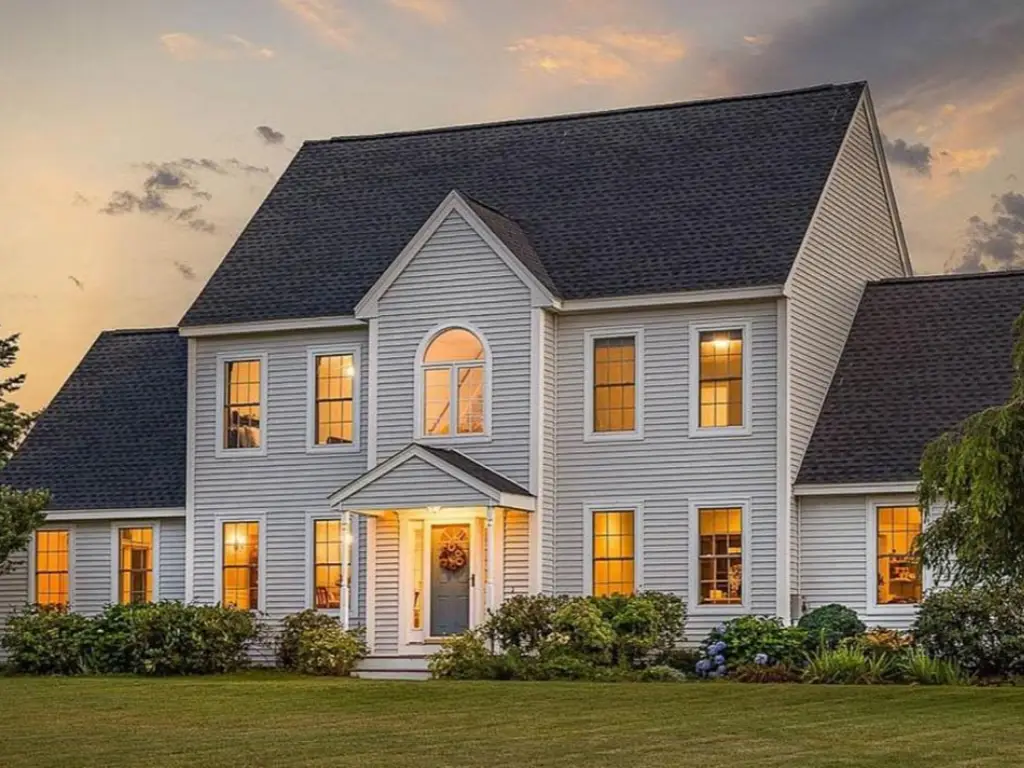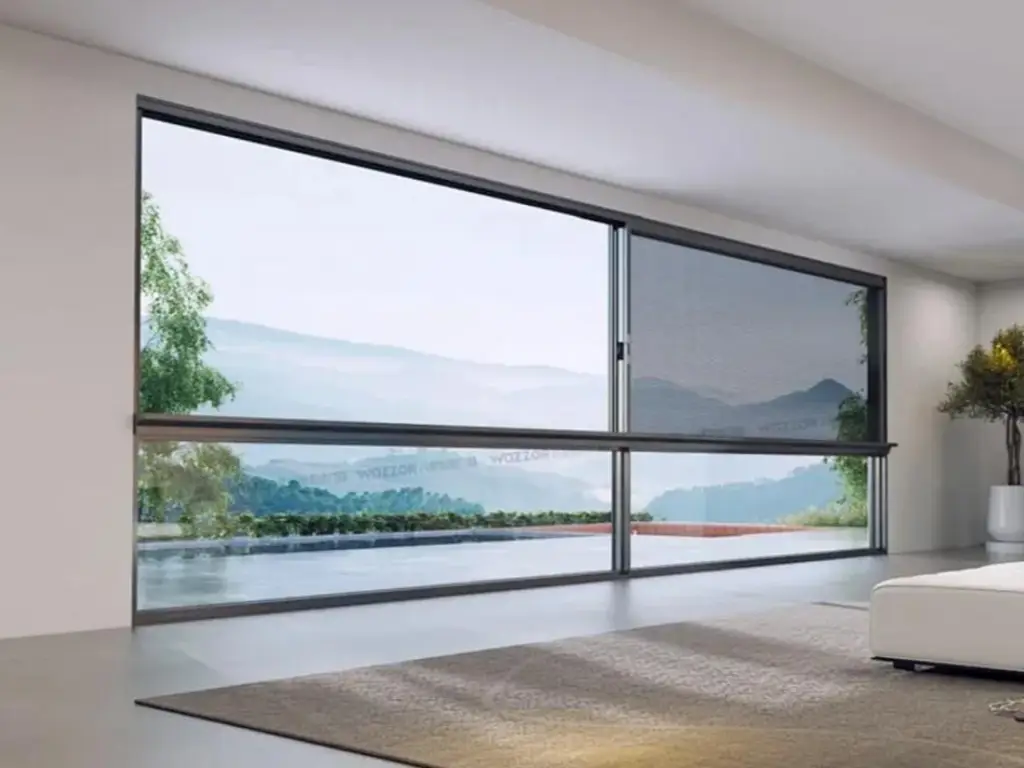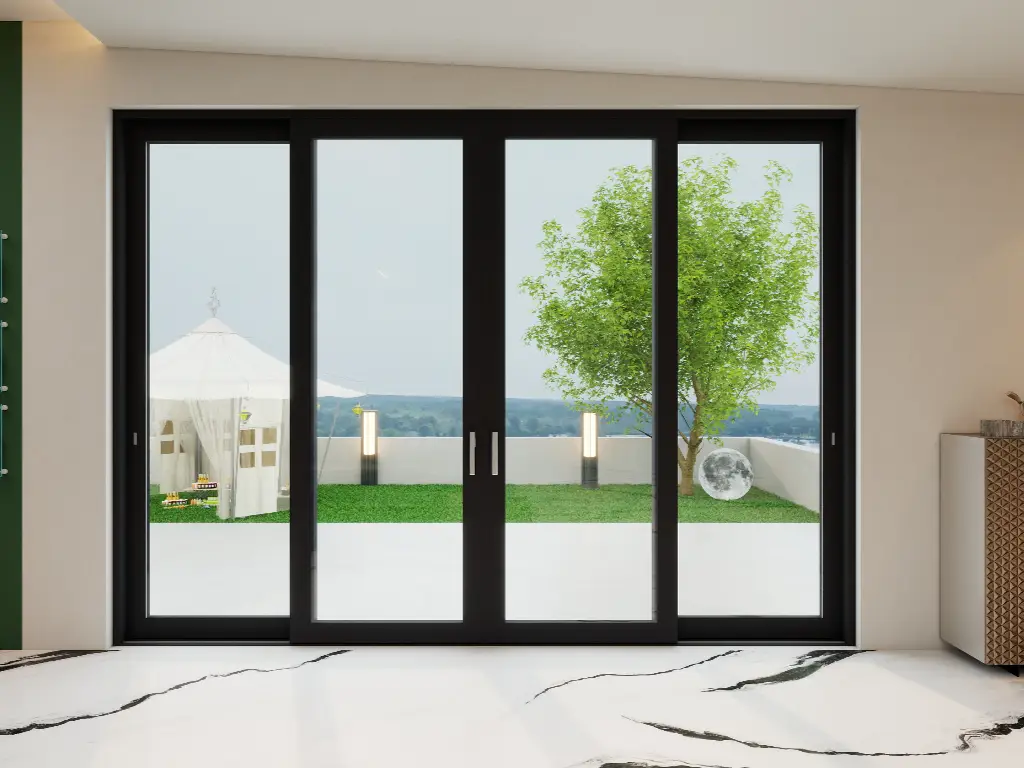When designing or renovating your home, interior doors are often overlooked — yet they play a vital role in defining both functionality and aesthetics. Choosing the right size door not only affects how smoothly it operates but also influences the room’s comfort, privacy, and design harmony. Whether you’re installing a standard interior door, a custom aluminum door, or an aluminum wooden door, understanding the right dimensions ensures a seamless fit and long-term satisfaction.
This comprehensive guide explains everything you need to know about interior door sizes, measurement methods, and installation tips so you can confidently choose the perfect fit for your space.
What is an Interior Door and Why Size Matters
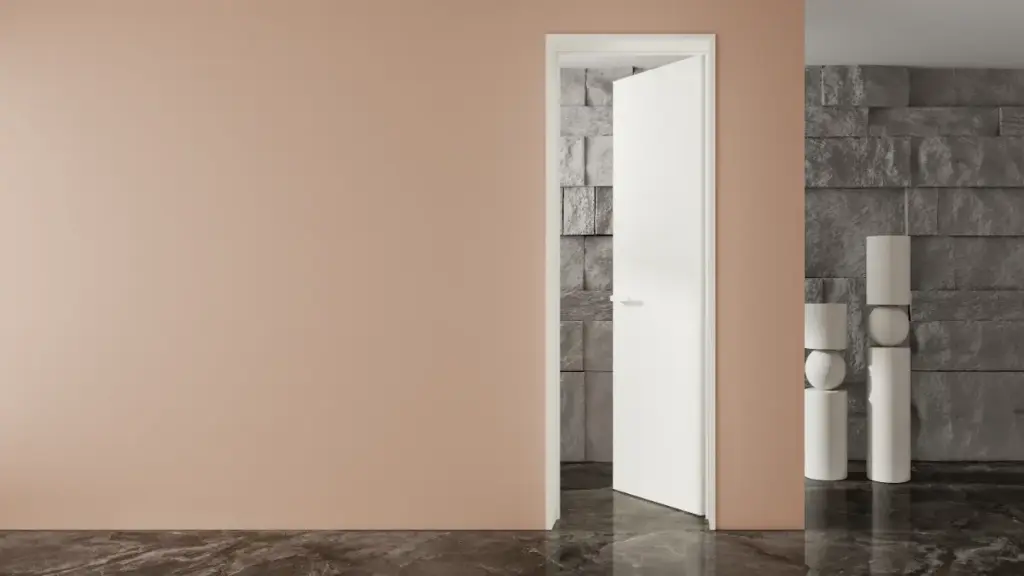
An interior door separates different rooms inside a home—such as bedrooms, bathrooms, and closets—providing privacy, sound insulation, and visual appeal. While exterior doors are designed for security and weather resistance, interior doors focus more on design continuity, ease of use, and comfort.
Size plays a critical role in both functionality and design. A door that’s too small or too large can lead to awkward gaps, friction, or visual imbalance. Furthermore, building codes and ergonomic standards influence the minimum and maximum dimensions allowed in most residential settings.
For modern homes, aluminum doors and aluminum wooden doors have become increasingly popular because of their slim profiles and customizable sizes. They blend contemporary aesthetics with strength and precision — allowing homeowners and designers to achieve a perfect balance between minimalism and durability.
Standard Interior Door Sizes: Height, Width, and Thickness Explained
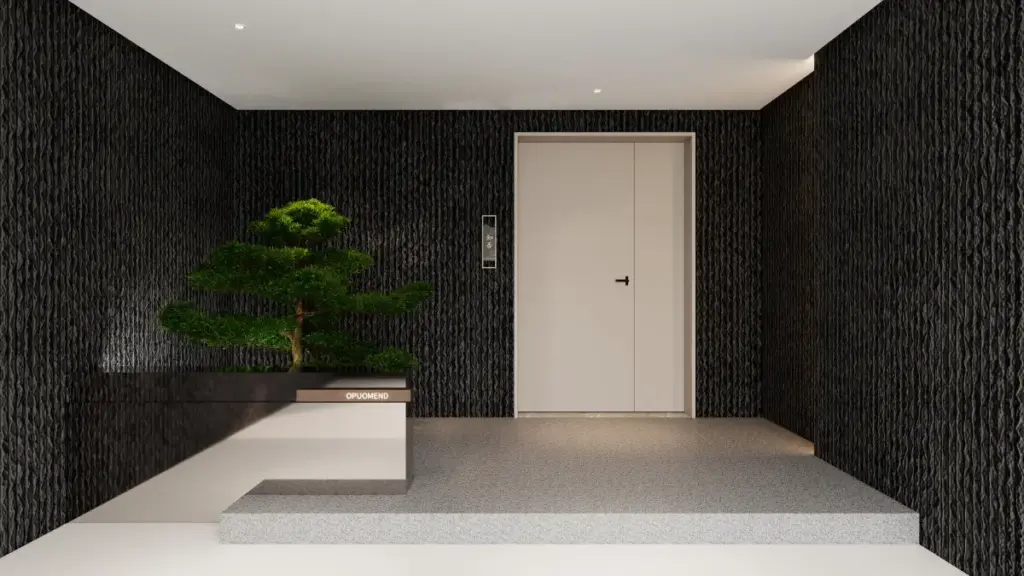
Most residential interior doors follow standardized measurements for convenience and cost efficiency. In the United States, the most common interior door height is 80 inches (6 feet 8 inches). However, modern designs may feature taller options—84 inches (7 feet) or even 96 inches (8 feet)—especially in contemporary homes with higher ceilings.
Standard door widths typically include:
- 24 inches (bathrooms, closets)
- 28 inches (smaller bedrooms)
- 30 or 32 inches (standard rooms)
- 36 inches (universal access or wheelchair-friendly areas)
Thickness usually ranges from 1⅜ inches for interior doors to 1¾ inches for more solid, noise-reducing models.
For aluminum doors or aluminum wooden doors, thickness may vary depending on the profile system and the infill materials. Aluminum profiles can be slimmer yet stronger, allowing for larger door panels without warping. This makes them an ideal choice for modern interiors that favor clean lines and a premium appearance.
How to Measure an Interior Door: Step-by-Step Guide for Accuracy
Before purchasing or replacing a door, accurate measurement is essential. A few millimeters of error can result in fitting issues or additional modification costs. Here’s how to measure your interior door correctly:
- Measure the door width: Take three measurements — top, middle, and bottom — from edge to edge of the door frame. Record the smallest measurement to ensure the new door fits properly.
- Measure the height: Measure from the top of the door opening down to the floor on both sides. Floors may not be perfectly level, so always take the smaller measurement.
- Check the thickness: Measure the door itself or the existing frame. This determines the right door slab or jamb thickness.
- Inspect the swing direction: Note whether the door opens to the left or right, as this will affect hinge and handle placement.
If you’re upgrading to an aluminum door, make sure to account for the frame depth, as aluminum profiles may require slightly different clearances than traditional wooden ones. For aluminum wooden doors, check both the metal frame and the wooden veneer layer for accurate fitting.
Factors That Affect the Right Interior Door Size for Your Home

Choosing the correct door size depends on more than just standard dimensions. Several factors can influence your decision:
- Room Function: Bathrooms or closets typically use narrower doors, while living rooms or master bedrooms benefit from wider openings for easier movement and better aesthetics.
- Ceiling Height: Homes with higher ceilings often look better with taller doors, which create visual balance.
- Architectural Style: Minimalist interiors often pair well with aluminum doors, while classic or warm-toned designs might favor aluminum wooden doors for a natural touch.
- Frame Design: The door frame thickness, material, and trim style can slightly alter the required door dimensions.
- Accessibility: If you’re designing for elderly family members or individuals with mobility needs, consider wider doors (at least 36 inches) for easy access.
These considerations ensure that your door not only fits physically but also complements the overall design and practical needs of your home.
Custom Interior Doors: When Standard Sizes Don’t Fit
Sometimes, standard doors just don’t work — especially in older homes, modern minimalist projects, or commercial spaces. That’s where custom interior doors come in.
Custom options allow you to adjust height, width, and thickness to fit unique architectural requirements. Aluminum doors are particularly flexible for customization, as they can be manufactured with precision to match any size or design preference. Whether you want a full-height pivot door or a sliding system, aluminum frames can be engineered for a perfect fit.
Similarly, aluminum wooden doors combine the warmth of wood grain with the structural integrity of aluminum. These hybrid designs not only offer better stability and moisture resistance but also elevate the room’s luxury appeal. Custom sizes can also include specialized features like integrated handles, concealed hinges, or acoustic insulation layers.
Interior Door Size Chart: Quick Reference Table for Common Applications
| Door Location | Standard Width (inches) | Standard Height (inches) | Common Thickness (inches) |
| Bedroom Door | 30–32 | 80–84 | 1⅜ |
| Bathroom Door | 24–28 | 80 | 1⅜ |
| Closet Door | 24–30 | 80 | 1⅜ |
| Living Room Entry Door | 36 | 80–96 | 1¾ |
| Office/Study Door | 32–36 | 80–84 | 1⅜–1¾ |
This table serves as a quick guide when choosing or ordering your interior door. Always confirm actual measurements on-site, as wall thickness or flooring adjustments can slightly affect the final size needed.
Installation Tips: Ensure a Perfect Fit and Smooth Operation
A properly installed door not only looks professional but also ensures smooth operation and long-term durability. Here are a few tips:
- Check for squareness: Before installation, ensure the door frame and wall are perfectly square. Even small misalignments can cause sticking or uneven gaps.
- Leave clearance space: Maintain at least ⅛ inch clearance on the sides and top, and ½ inch at the bottom (adjustable if flooring varies).
- Use proper hardware: Lightweight hollow-core doors require basic hinges, but aluminum doors or aluminum wooden doors—being heavier—need stronger hinges and hardware systems.
- Seal properly: For bathrooms or kitchens, apply waterproof seals to prevent moisture damage.
- Test the swing and alignment: After installation, open and close the door several times to ensure smooth operation before finalizing trims and handles.
Final Thoughts: Choosing the Best Interior Door Size for Your Home Design
Selecting the ideal interior door size is more than just following measurements—it’s about harmonizing style, comfort, and practicality. A door that’s correctly sized improves accessibility, enhances aesthetics, and contributes to the home’s overall atmosphere.
Whether you’re opting for a traditional wooden door, a sleek aluminum door, or a luxurious aluminum wooden door, the key is precision. Measure carefully, consider room functions, and choose a design that complements your architecture.
As an experienced aluminum door and window manufacturer, we understand that every home has unique needs. That’s why we provide customizable solutions, helping you achieve the perfect balance between modern design and lasting performance. With the right size and material choice, your interior doors will not only fit flawlessly but also elevate your living space for years to come.

